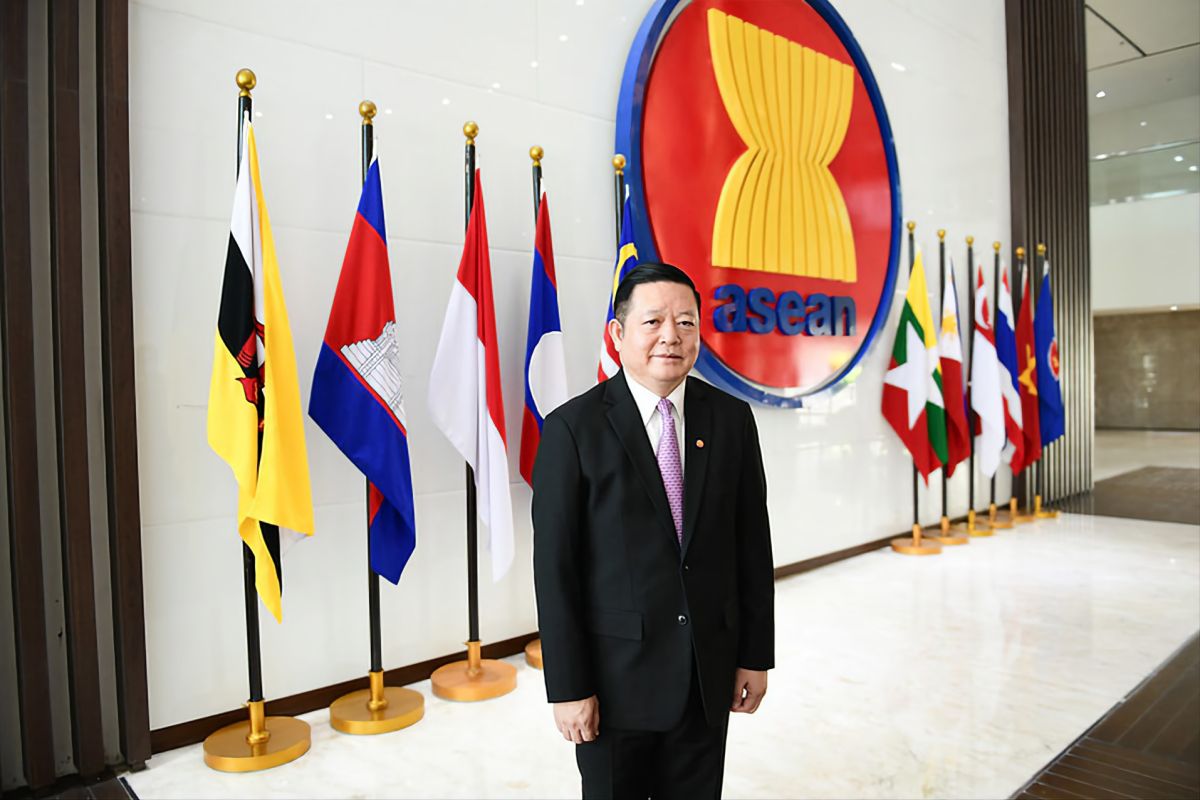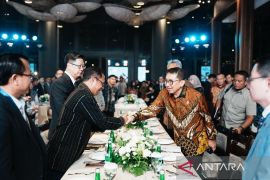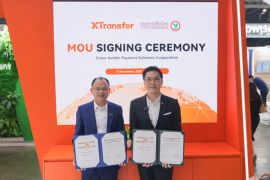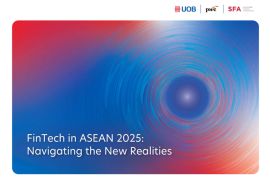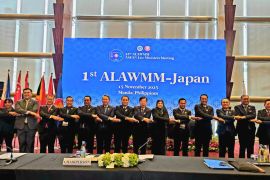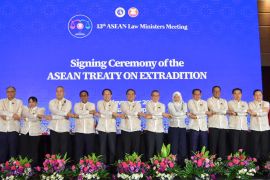MSMEs in Circular Economy
Deeply rooted as part of local society, MSMEs are frequently regarded as vital enablers of socio-economic development. In ASEAN, MSMEs account for 85 percent of employment and 44.8 percent of the region’s GDP.
They provide primary sources of income and livelihoods for a significant number of individuals and households. Through partnerships with other local businesses, MSMEs are an integral part of the value chain, enabling access to a variety of products for their customers and servicing the local community.
Due to their lean structure and versatile business model, MSMEs have the ability to embrace new developments, such as the circular economy and digital technologies. In the last three years, we witnessed several businesses, particularly MSMEs, rapidly adopting innovative technologies and practices to remain relevant and competitive.
Like Bambuhay, many MSMEs have considerably sharpened their competitiveness by differentiating their offerings and catering to the burgeoning demand of socially conscious consumers.
Additionally, in building a circularity ecosystem, technology adoption also plays a crucial role in enabling better tracking and traceability while supporting innovative business models.
These developments resulted in reduced physical resource requirements, decreased commuting-related emissions and sharing economy being enabled through digital platforms. The development illustrates how an MSME sets sail on its journey towards the circular economy.
Nevertheless, the transformation of MSMEs is not without challenges. Shift in the business approach and mindset of MSMEs could be one of the first and foremost obstacles. The transformation involves substantial investment in research and development to redesign products and processes.
Furthermore, adopting a new business model often necessitates changes in the supply chain and partnerships with suppliers. Ultimately, these alterations would have financial and operational implications. Most MSMEs often struggle with limited capital and constrained budgets.
With the scarcity of resources available at their disposal, it becomes even more critical for MSMEs to embrace circularity in ensuring their survival. Therein lies the need to facilitate and support their adoption of sustainability practices, which in the end, will benefit all.
In building an enabling environment for MSMEs to thrive in a circular economy, governments must put in place a long-term strategy and implement balanced actions that create strong economic incentives.
This endeavor should be supported by good governance and close stakeholder engagement, investment in infrastructure and technology, as well as human resource development.
Copyright © ANTARA 2023
